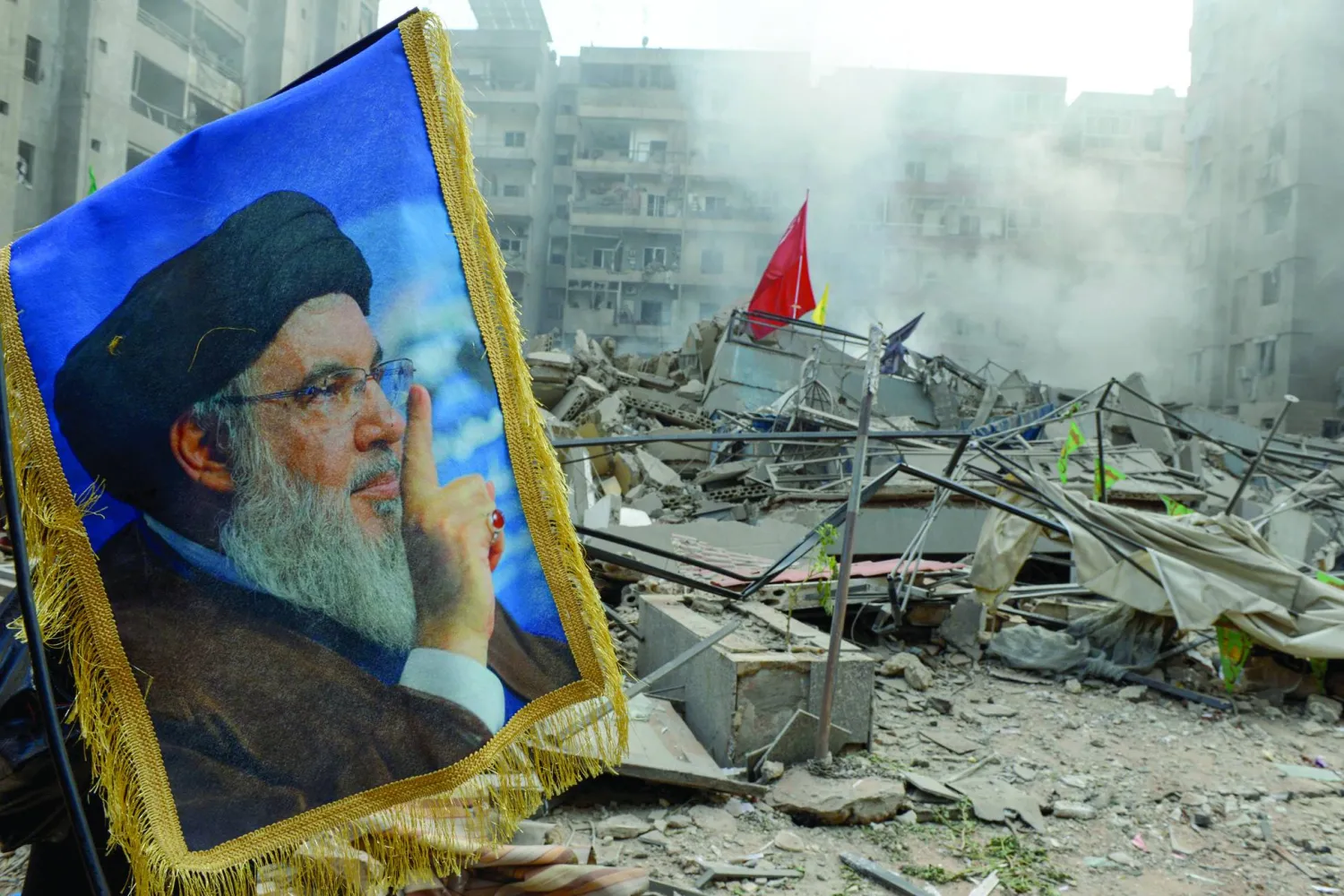Iran on Sunday once again denied aiding Yemen's Houthi militias after the United States launched a wave of airstrikes against them and President Donald Trump warned that Tehran would be held “fully accountable” for their actions.
The Houthi-run Health Ministry said the strikes killed at least 31 people, including women and children, and wounded over 100. The Houthis said one strike hit two homes in northern Saada province, killing four children and a woman. The Houthi-run Al-Masirah TV showed images of what it said were the bodies.
The Houthis have repeatedly targeted international shipping in the Red Sea and launched missiles and drones at Israel in what the militias said were acts of solidarity with the Palestinians in the Gaza Strip, where Israel has been at war with Hamas, another Iranian ally.
The attacks stopped when a fragile Israel-Hamas ceasefire took hold in Gaza in January, but the Houthis had threatened to renew them after Israel cut off the flow of humanitarian aid to Gaza this month.
The US and others have long accused Iran of providing military aid to the Houthis and the US Navy has seized Iranian-made missile parts and other weaponry it said were bound for the group, which controls Yemen's capital, Sanaa, and the country's north.
Gen. Hossein Salami, head of Iran's paramilitary Revolutionary Guard, denied his country was involved in the Houthi attacks, saying it “plays no role in setting the national or operational policies” of the militant groups it is allied with across the region, according to state-run TV.
Iranian Foreign Minister Abbas Araghchi, in a post on X, urged the US to halt the strikes and said Washington cannot dictate Iran's foreign policy.
Trump on Saturday had vowed to use “overwhelming lethal force” until the Houthis cease their attacks on shipping along the vital maritime corridor.
The airstrikes come a few days after the Houthis said they would resume attacks on Israeli vessels sailing off Yemen in response to Israel’s latest blockade on Gaza. There have been no Houthi attacks reported since then.
The Houthis had targeted over 100 merchant vessels with missiles and drones, sinking two and killing four sailors, during their campaign targeting military and civilian ships between the start of the Israel-Hamas war in October 2023 and January of this year, when the ceasefire in Gaza took effect.
The United States, Israel and Britain have previously hit Houthi-held areas in Yemen, but Saturday’s operation was conducted solely by the US It was the first strike on the Houthis under the second Trump administration.









